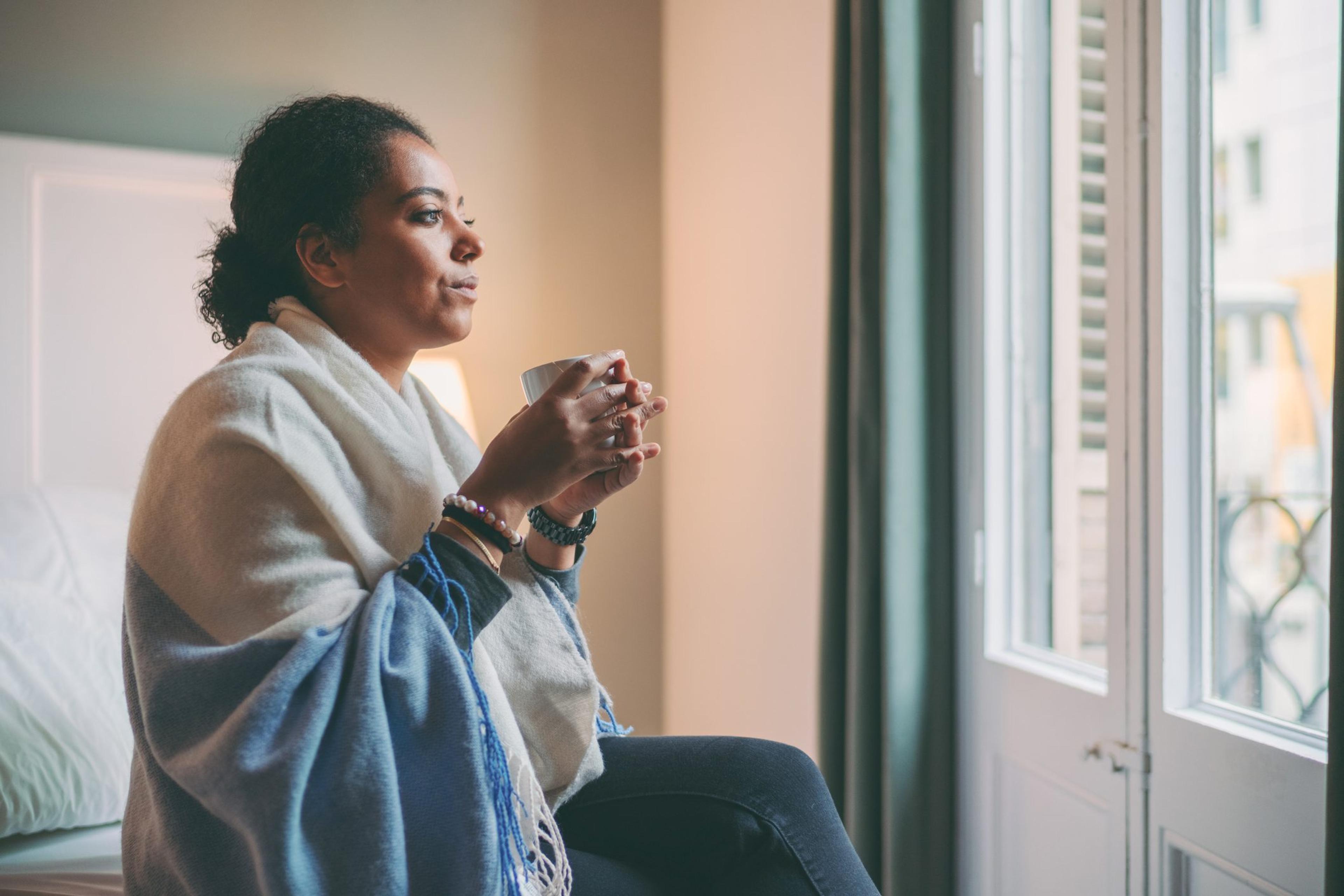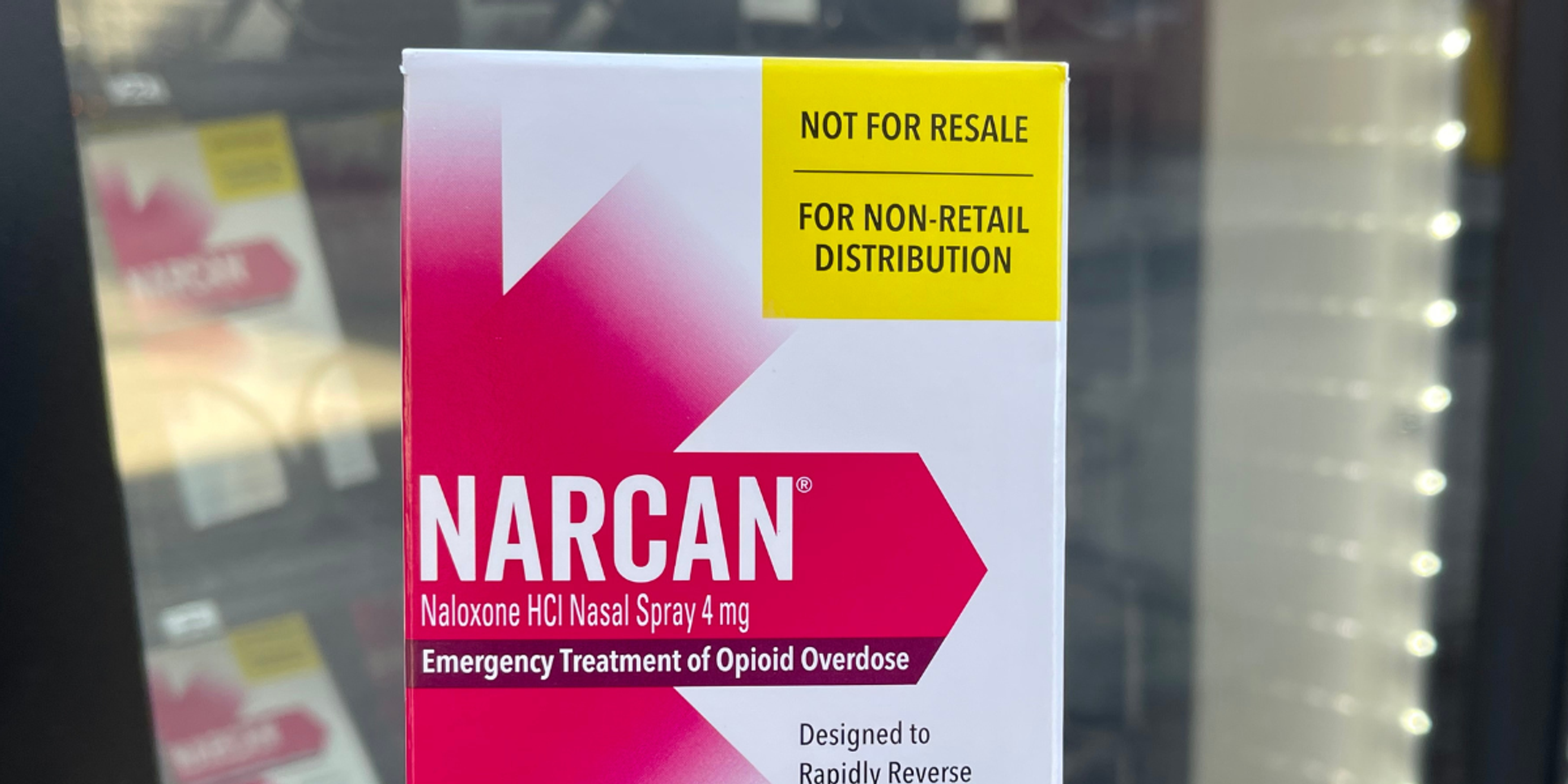Agoraphobia Versus Pandemic Anxiety About Leaving the House
Amy Barczy
| 3 min read
Amy Barczy is a former brand journalist who authored content at Blue Cross Blue Shield of Michigan. Prior to her time at Blue Cross from 2019-2024, she was a statewide news reporter for MLive.com. She has a decade of storytelling experience in local news media markets including Lansing, Grand Rapids, Holland, Ann Arbor and Port Huron.

The pandemic has exacerbated mental health crises for many – and caused new ones for some individuals as well. One disorder that’s received renewed attention during the pandemic is agoraphobia. Agoraphobia is a type of anxiety disorder that affects about 2% of teens and adults in the U.S. It’s a diagnosis given to someone who is afraid of a situation where they feel embarrassed, out of control, judged, helpless or threatened – out of proportion to the actual level of risk. This fear can cause an individual to avoid places or situations that heighten their anxieties and possibly trigger a panic attack. For example, individuals with agoraphobia may find ways to avoid crowded situations that are triggering, like subways, elevators, grocery store lines or large events like concerts. In more extreme instances, individuals with agoraphobia can avoid leaving home – sometimes for an extended period of time.
Symptoms of agoraphobia
Symptoms of agoraphobia can include panic attacks during a situation or while thinking of a situation that inspires fear. Panic attacks are physical manifestations of intense anxiety that can include:
- Racing heartbeat
- Shortness of breath
- Chest pain
- Sweating
- Dizziness
Pandemic anxieties
The intensity of the anxiety associated with agoraphobia is what sets it apart from the more general increased sense of stress and anxiety affecting many individuals during the pandemic. Having a fear of being in a public place is a normal response to the COVID-19 pandemic, where public health experts have encouraged measures like social distancing and avoiding public places to prevent the spread of the virus. Even now, with the availability of COVID-19 vaccines, individuals who are immunocompromised may still feel uncomfortable being in public places due to the risk to their health.
Seeking help
The best way to evaluate whether an individual’s anxiety over being in public rises to the level of a clinical diagnosis is to speak with a qualified mental health professional. For those who have been diagnosed with agoraphobia, cognitive behavioral therapy is one of the most effective ways to help individuals with anxiety disorders. Shouldering the increased mental burden of the pandemic has affected everyone in different ways. For those who feel an increased sense of anxiety doing day-to-day activities, understand that this is a normal reaction – and there are professionals that can help provide guidance and reassurance to you during this time, even if you don’t have an anxiety disorder. Avoiding help can prolong the feelings of stress and anxiety, which could only cause them to intensify in the long term. Blue Cross Blue Shield of Michigan and Blue Care Network can help members find an in-network mental health professional by calling behavioral health access lines listed below: PPO: Behavioral Health Access Line | 1-800-762-2382
- A free and confidential resource that’s just a call away when you need immediate support. Behavioral health professionals answer, 24/7.
HMO: Behavioral Health Access Line | 1-800-482-5982
- Connect with a behavioral health clinician if you need help finding a mental health or substance use provider.
- Behavioral health clinicians are available for routine assistance from 8 a.m. to 5 p.m., Monday through Friday. For urgent concerns after hours, clinicians are also available 24 hours a day, seven days a week.
Learn more about mental health and options you have as a member to seek help at bcbsm.com/mentalhealth. More from MIBluesPerspectives:
- Supporting Kids Through a Continued Crisis
- Pandemic Provided Perfect Storm for Substance Use and Abuse
- 7 Pandemic Habits to Continue
Photo credit: Getty Images





